
Included in this year’s Grammy Award nominations for World Music is “Yiddish Glory: The Lost Songs of WWII” (Six Degrees Records). It’s a collection of songs that haven’t been heard since 1947. By turns mournful, angry, defiant, brutal, tender, lovelorn and mocking, all the songs are written and sung in Yiddish with an unvarnished directness and honesty.
The Journal caught up with Anna Shternshis, the Al and Malka Green Associate Professor in Yiddish Language and Literature and the Director of the Anne Tanenbaum Centre for Jewish Studies at the University of Toronto, who discovered the songs and, with musician Psoy Korolenko and producer Dan Rosenberg, compiled and created the album.
Jewish Journal: How did the album come about?
Anna Shternshis: It started as an academic project. I was working, and [am] still working, on a book on Yiddish culture in the Soviet Union during the Holocaust and [World War II], and I came across this document about a collection that ethnomusicologist Moisei Beregovski put together during the war of songs by refugees, soldiers and Soviet Jewish evacuees singing in Yiddish about the war, during the war.
None of the songs were actually known in the world of Jewish music. We didn’t know that Soviet Jews and Polish Jews in the Soviet Union at the time sang in Yiddish. It was very different from what we associate from Holocaust music. For example, they’re very pro-Stalin and very graphically anti-Hitler. They’re also amateur; just everyday people singing these kinds of songs. I thought it would be really interesting to bring a musician in to help me with at least presenting this material in an academic context. I invited Psoy Korolenko, who is Russian-born and performs in Russian and Yiddish and who I knew was familiar with Soviet culture of the time. With the help of Dan Rosenberg, the producer, we got together a band. It was meant to be an educational tool but it grew into an album.
JJ: Before you came across them, did you have any idea the songs existed?
AS: Beregovski was an important ethnomusicologist. When he was arrested by Stalin in 1950, they confiscated this archive and when Beregovski came out of jail in 1956, it did not come back to him. The consensus was this: During the war, these songs were collected. After the war, they were destroyed when they arrested Beregovski.
In the late ’90s, a librarian in the Ukrainian national library started looking through material that was uncatalogued. In the ’40s, a lot of people were arrested by Stalin’s government, a lot of documents were confiscated. They had to put them somewhere. We think now they first put them in a secret police archive or secret police basement and then there was not enough space, so they quietly moved them to the Ukrainian national library in the ’70s. At the end of the ’90s, the librarians were allowed to open them. I only came across them because I was looking for stuff in Kiev.
JJ: What surprised you most as you went through them?
AS: That I didn’t recognize a single one. I kept thinking, “How come I don’t know any of them?” I expected them to be either just Yiddish versions of Soviet songs or songs lamenting Jewish life. These songs were talking about politics. There’s one song that talks about how Hitler wants to invade the Soviet Union because he wants to get his hands on the resources of Ukraine — on coal and oil. I did not expect that. And the crazy thing is, the area they’re singing about? It’s still in the news today. And, ironically, similar sides are fighting.
Another thing I didn’t expect was how much humor was in this music. It was very crude, very physical — toilet humor about Hitler. A lot of songs compared Hitler to Haman. There’s one song called “Purim Gifts For Hitler.” For people more familiar with Holocaust music of the ghettos, that’s not a big deal. But Soviet Jews were quite divorced from their Jewish traditions and Purim was not celebrated in the Soviet Union since the ’20s, so why would it come back? Finally, there were a lot of songs written by children. It’s so rare that we get to hear the genuine voices of people living through a war. We rely on journalists or historians or advocates to tell their stories, but here it’s from 10-year-olds or 5-year-olds. That was very moving.
JJ: I think many people will be surprised at the defiance heard in these songs.
AS: The songs are very adamant about not being led like sheep to slaughter. They even used that language.
JJ: What do the songs have to say to modern audiences?
AS: Unfortunately, wars and violence and genocide continue today. The most vulnerable are young kids and the elderly. What people can learn from this project is children, who are not educated, or women, who are not educated, how they make sense of suffering, how they suffer so deeply, and how they use music in order to tell us a story they hope we’ll remember.
These songs did not end up in memory. People say, ‘During the war, there was no Yiddish. We didn’t sing in Yiddish.’ This material is a miracle that survived that did not end up in memory. History and memory tell different stories.
JJ: Why didn’t people remember?
AS: You go through this war. Then, 1945 comes. Stalin’s policy says if a Jew survived the war and the German occupation it was because they collaborated with the German army so they’re traitors and they need to go to jail. These poor survivors, they’re worried about jail. So what do they do? They lied. Then comes Stalinist anti-Semitism. [Nikita] Khrushchev was not a friend of the Jews, exactly. Then comes [Leonid] Brezhnev and all the tsuris there. So they start to think about what you want to share, what you want to talk about. The Yiddish songs you sang in the war are not going to be very high on your list. We all make choices.
JJ: What can we learn from these songs?
AS: I’m a university professor. My goal is always to educate. This is my way of telling the story of what happened to Soviet Jews during WWII. When people listen to this album, I want them to want learn more about what happened to Jews during the Holocaust. I want them to think more about what happens to people during a war. I also want them to enjoy this beautiful music.






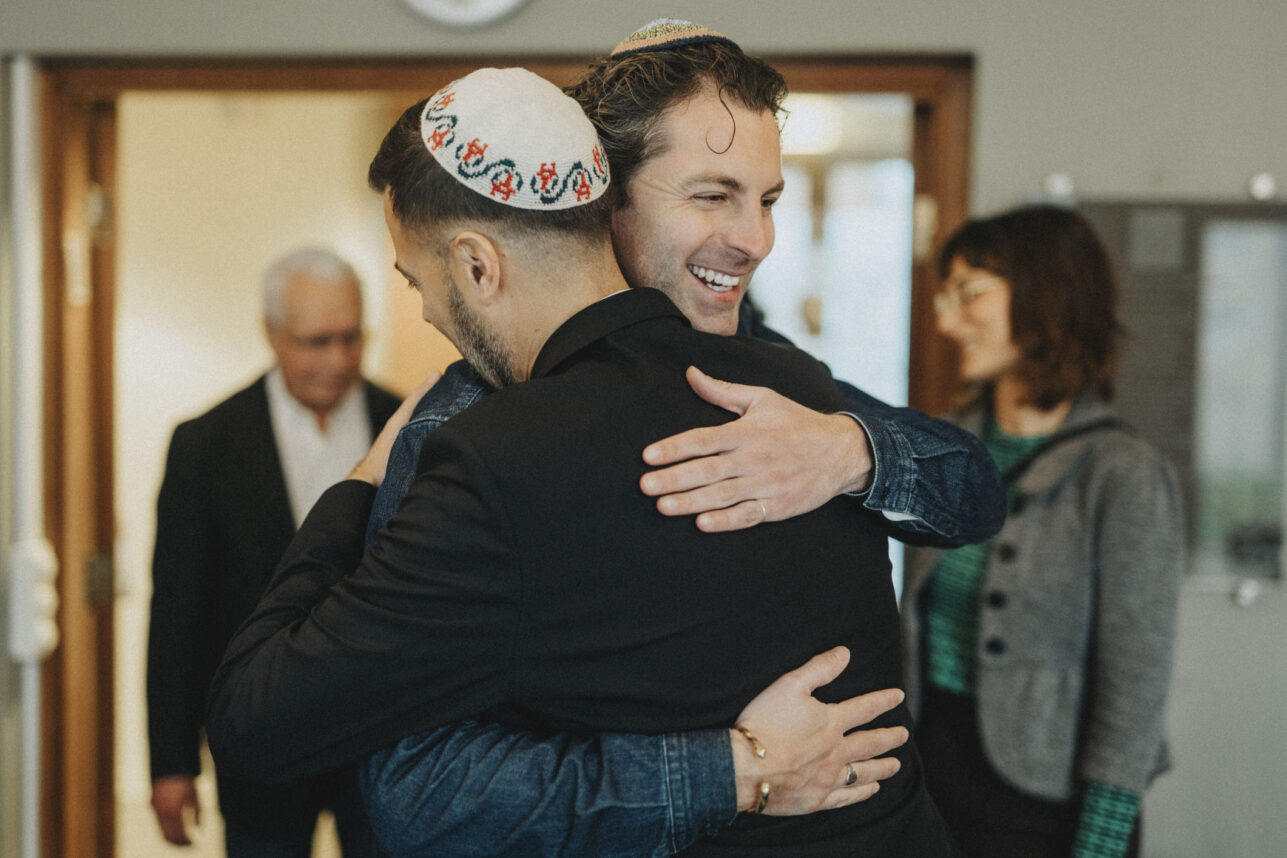
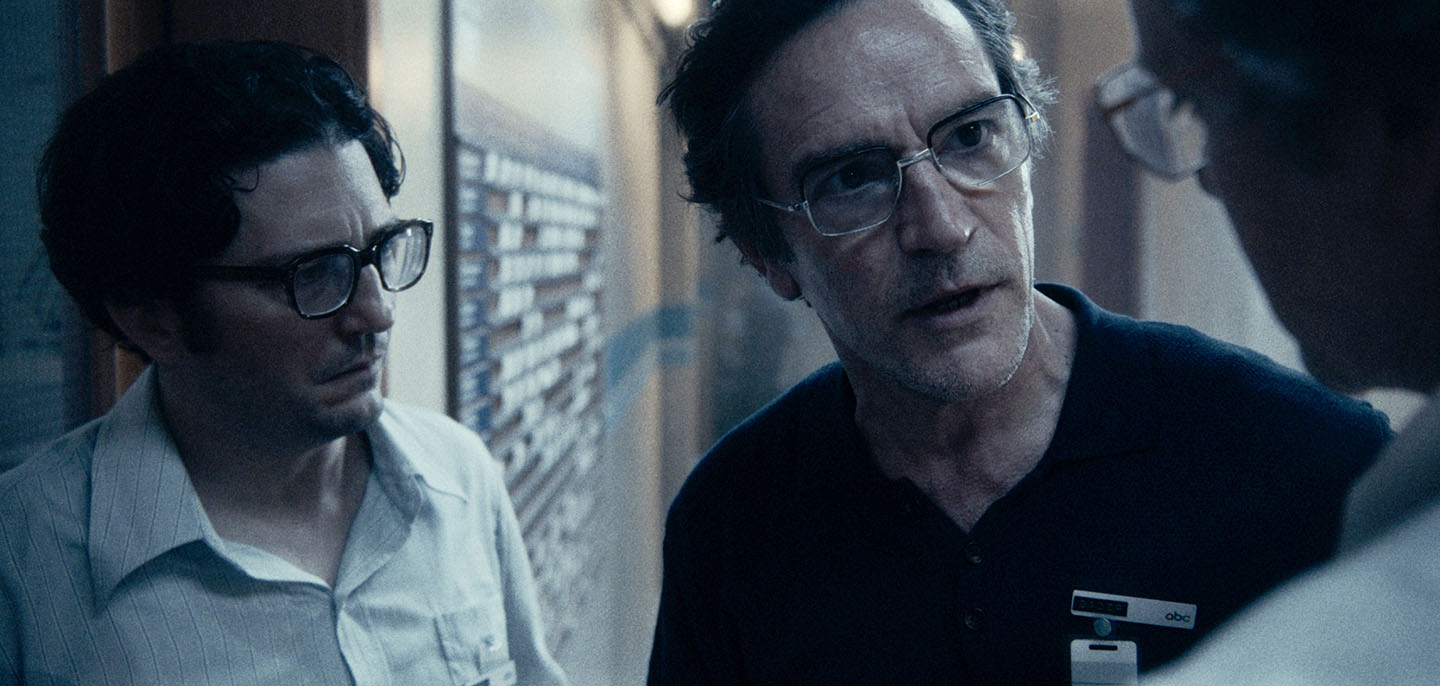
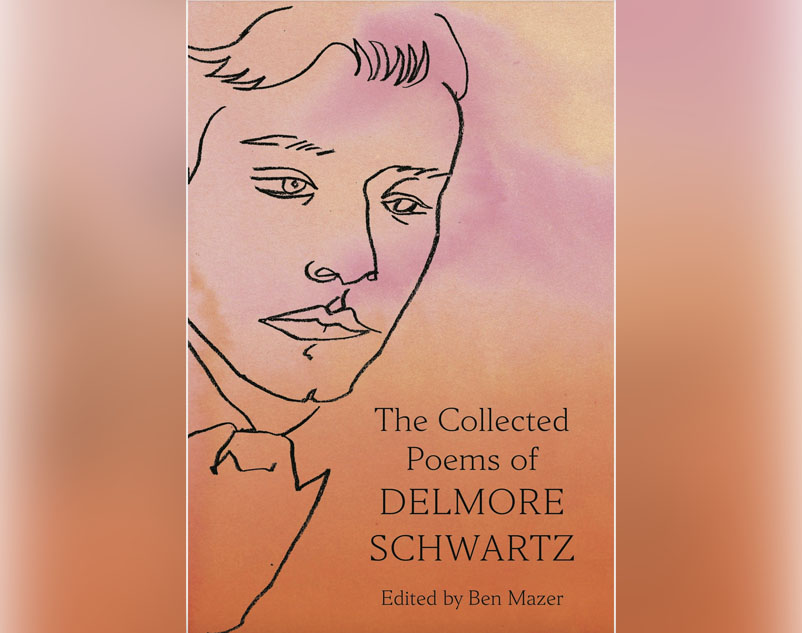

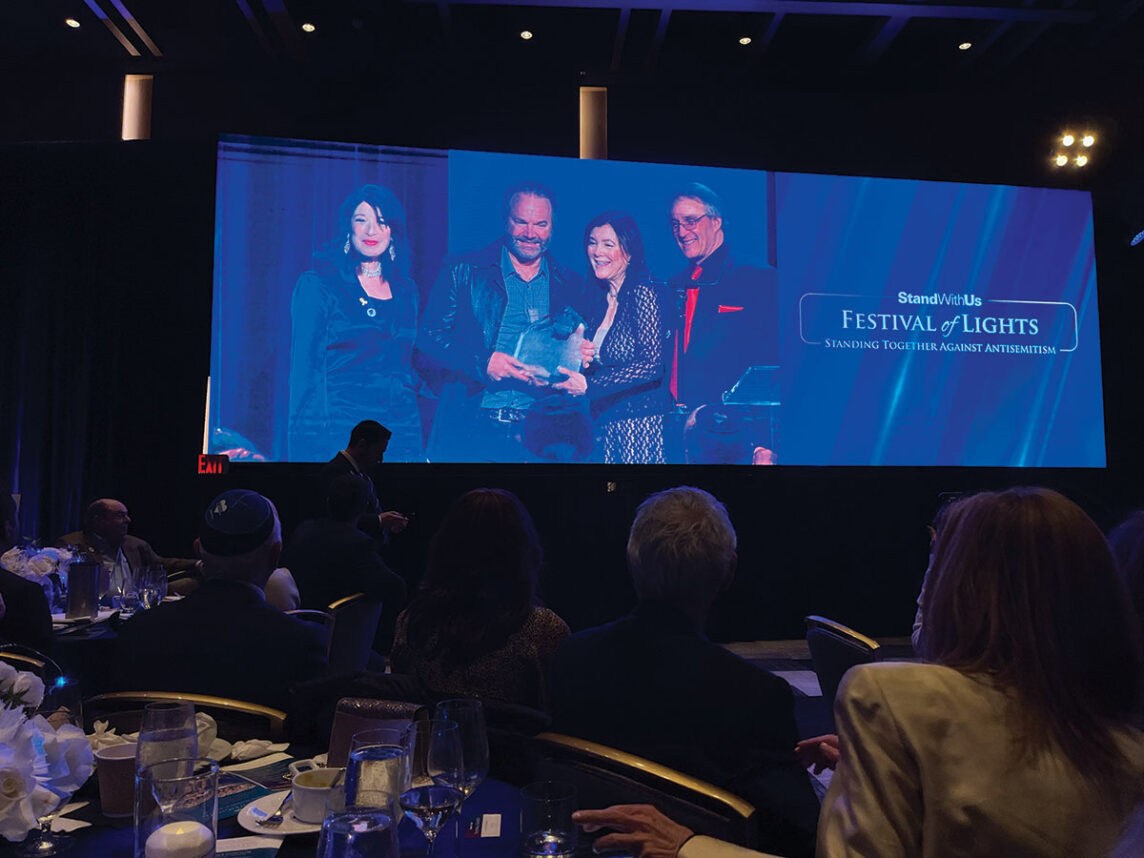
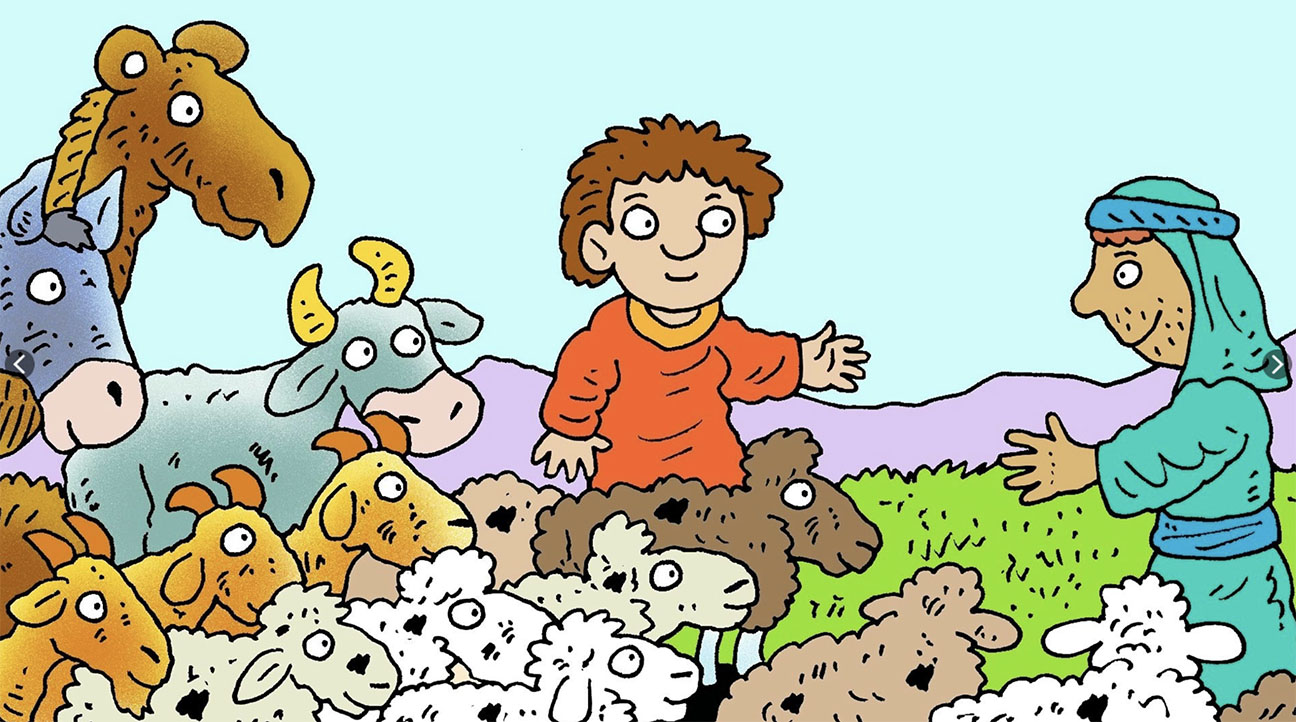
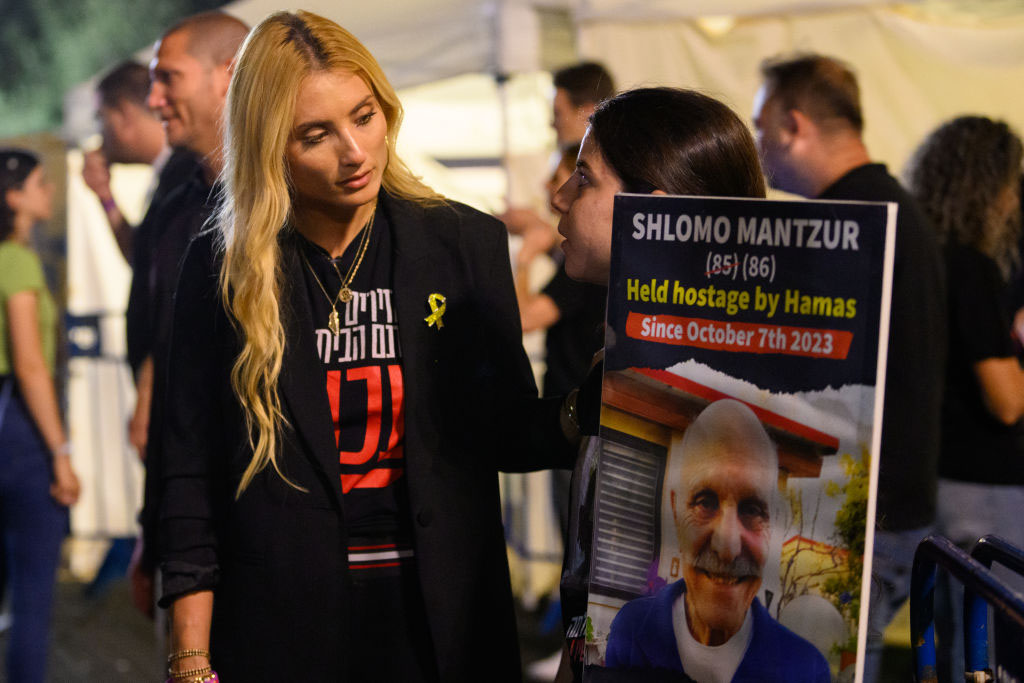
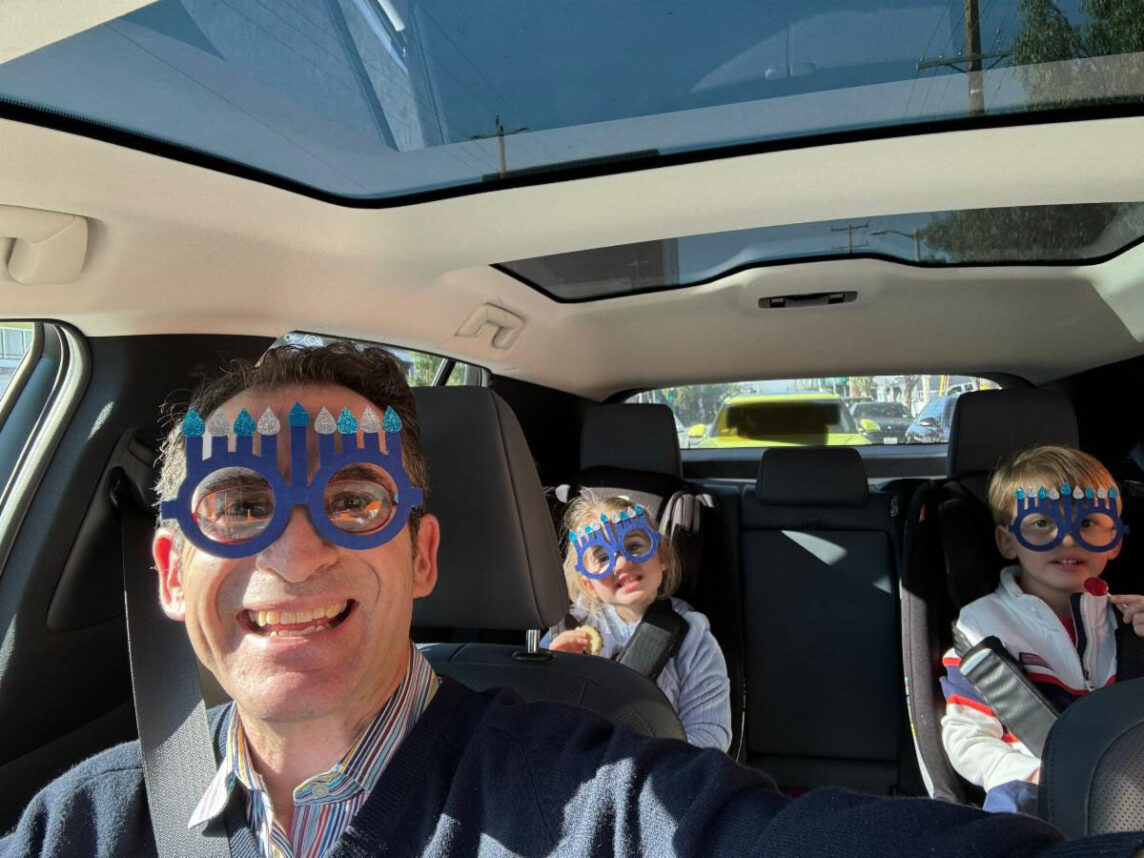
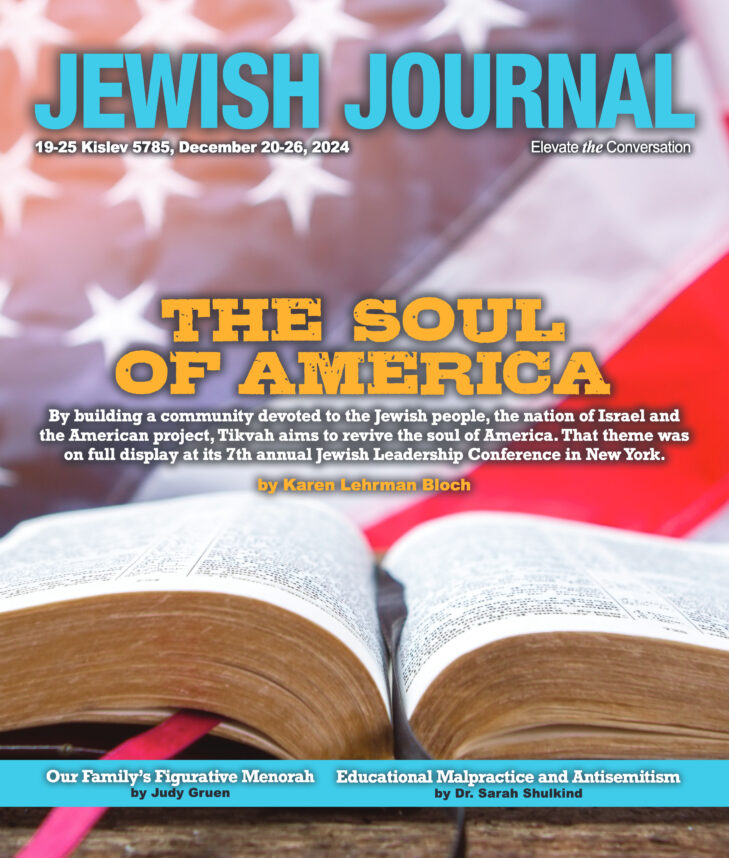
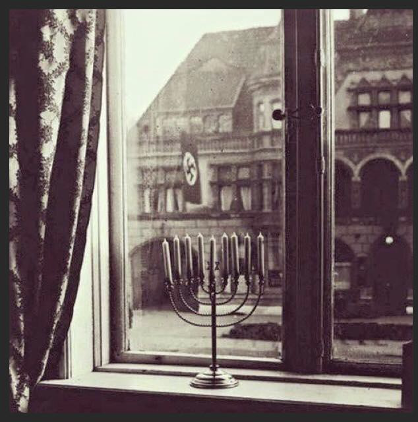
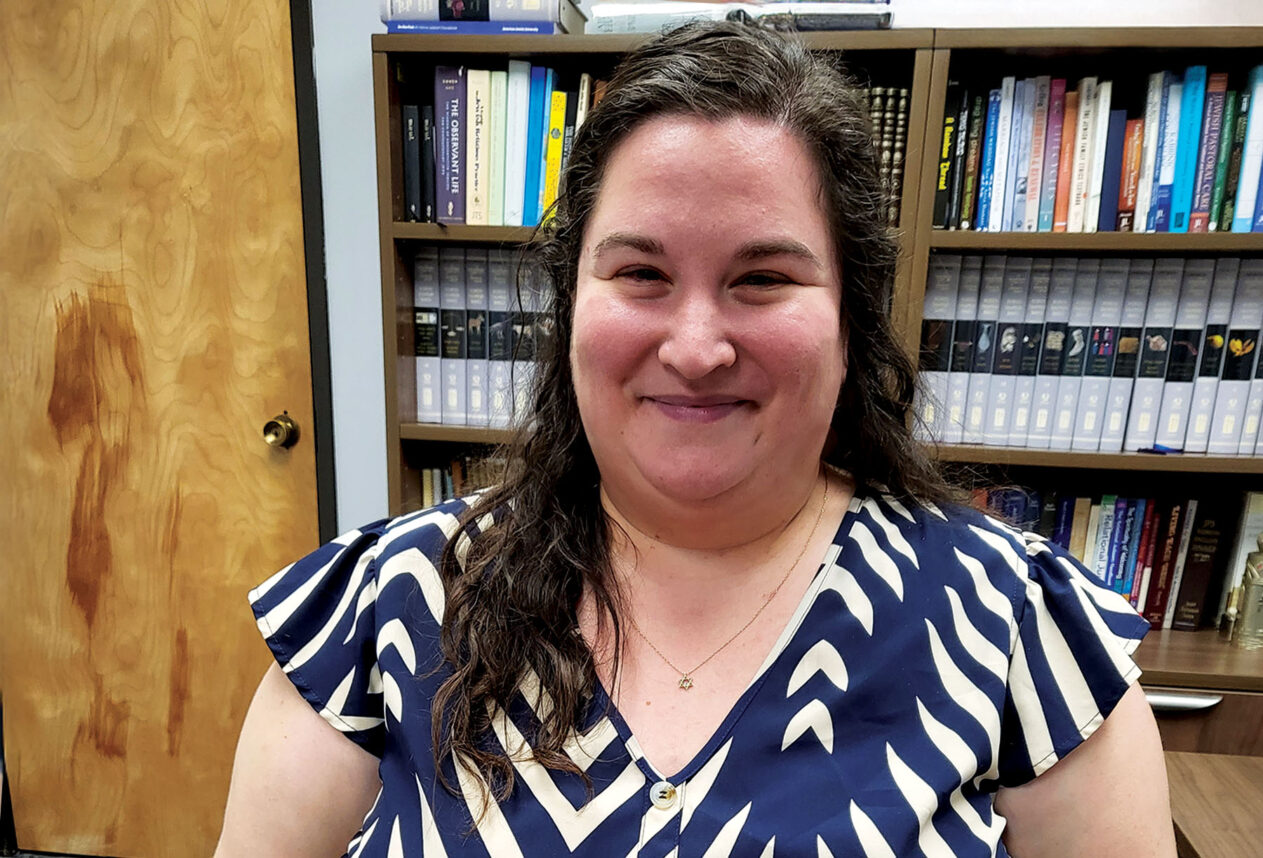





 More news and opinions than at a Shabbat dinner, right in your inbox.
More news and opinions than at a Shabbat dinner, right in your inbox.